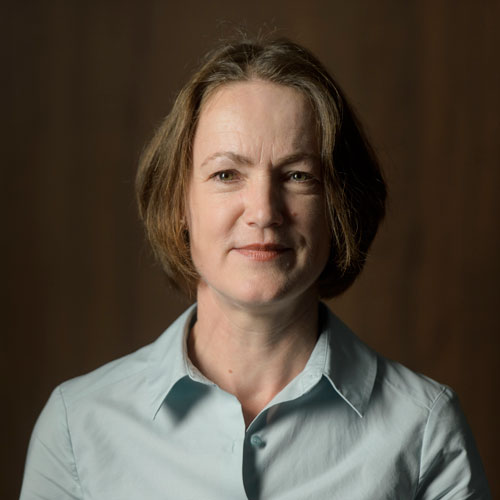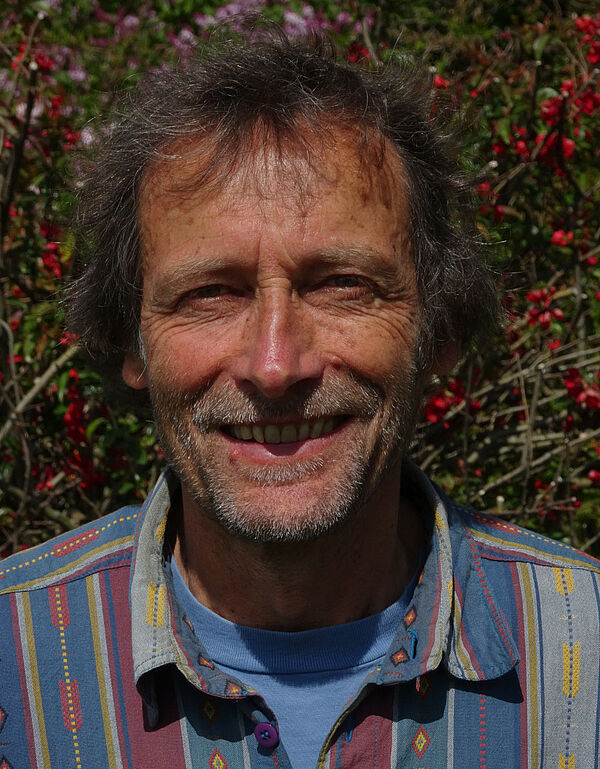Division of labour as key driver of social evolution
30.–31. März 2023
Background
Societies may be viewed as the pinnacle of biological complexity. Natural selection can take effect on different levels, and within societies the drivers of selection include the genotypes and phenotypes of other individuals. This makes societies such an intriguing subject for studies in evolutionary biology. A material attribute of societies is the existence of asymmetries among their members. Asymmetries may exist in state, resource holding potential, capabilities, condition, need, resource ownership, among many other features. Importantly, the association of individuals differing in important attributes sets the stage for raising the efficiency of a group to a new dimension.
A key feature of ecologically highly successful societies is the differentiation among their members and task sharing. Individual specialisation and division of labour are apparently the game changer, as exemplified by a wide range of taxa reaching from microorganisms, clonal flatworms and sea anemones, eusocial insects, cooperatively breeding fishes, birds and mammals, all the way to our own species. Adam Smith famously stated already in 1776 that in human society, division of labour enhances individual efficiency and minimises the costs from switching tasks. Remarkably, the animal taxa featuring highly developed task sharing between group members are conspicuous due to their exceptional ecological success and ability to cope with an enormous variety of environmental challenges. Age- or state-dependent division of labour and mutual benefits of cooperation constitute an important step in the evolution of complex social organisation.
Rationale
This workshops aims at clarifying the importance of division of labour as key element and driver of complex social organisation. Apart from appraising the similarities of, and differences between, systems exhibiting various levels of division of labour, ranging from microorganisms to humans, we shall scrutinise two hypotheses: division of labour (1) enhances the stability of social organisation, and (2) improves the efficiency of resource use. Hypothesis 1 posits that cooperation between group members depends on the payoff each individual receives from its social partners. The greater the interdependencies between them, the higher are the chances that being cooperative, i.e. delivering something for the good of others, will be a beneficial strategy. In this framework, “correlated payoffs” are key to cooperation, particularly if social partners benefit from different specialisations of others. To examine hypothesis 2 we may ask how individual specialisation and division of labour affect resource use in different taxa, and which common principles may underlie various degrees of specialisation in the light of synergistic effects generated by increased efficiency.
The workshop will tackle these questions involving experts from natural and social sciences and the humanities. The common denominator will be to view division of labour as a result of natural selection that is modified to varying degrees by cultural evolution.
closed event
Convener
Kontakt

Teilnehmer
Judith
Bronstein
Fellow
2022/2023
University of Arizona, Tucson
Claudia
Diehl
Fellow
2022/2023
Universität Konstanz
Sacha
Engelhardt
Georg-August-Universität Göttingen
Jennifer H.
Fewell
Fellow
2016/2017
Arizona State University
Raghavendra
Gadagkar
Fellow
2001/2002
Indian Institute of Science, Bangalore
Giovanni
Galizia
Permanent Fellow
Universität Konstanz
Robert
Gilles
Queen's University Belfast
Andrew
Higginson
Fellow
2013/2014
University of Exeter
Deborah
James
Fellow
2022/2023
London School of Economics and Political Science
Jürgen
Kocka
Fellow
1988/1989
Wissenschaftszentrum Berlin für Sozialforschung
Christoph
Netz
Rijksuniversiteit Groningen
Ugo
Pagano
Università degli Studi di Siena
Danai
Papageorgiou
Fellow
2022/2023
Universität Zürich
Aparajitha
Ramesh
Rijksuniversiteit Groningen
Christina
Riehl
Princeton University
Daniel
Rozen
Universiteit Leiden
Yuko
Ulrich
Max-Planck-Institut für Chemische Ökologie, Jena
Tim
Vernimmen
Antwerpen, Belgien
Franjo
Weissing
Rijksuniversiteit Groningen
Bénédicte
Zimmermann
Former Permanent Fellow
École des hautes études en sciences sociales, Paris
